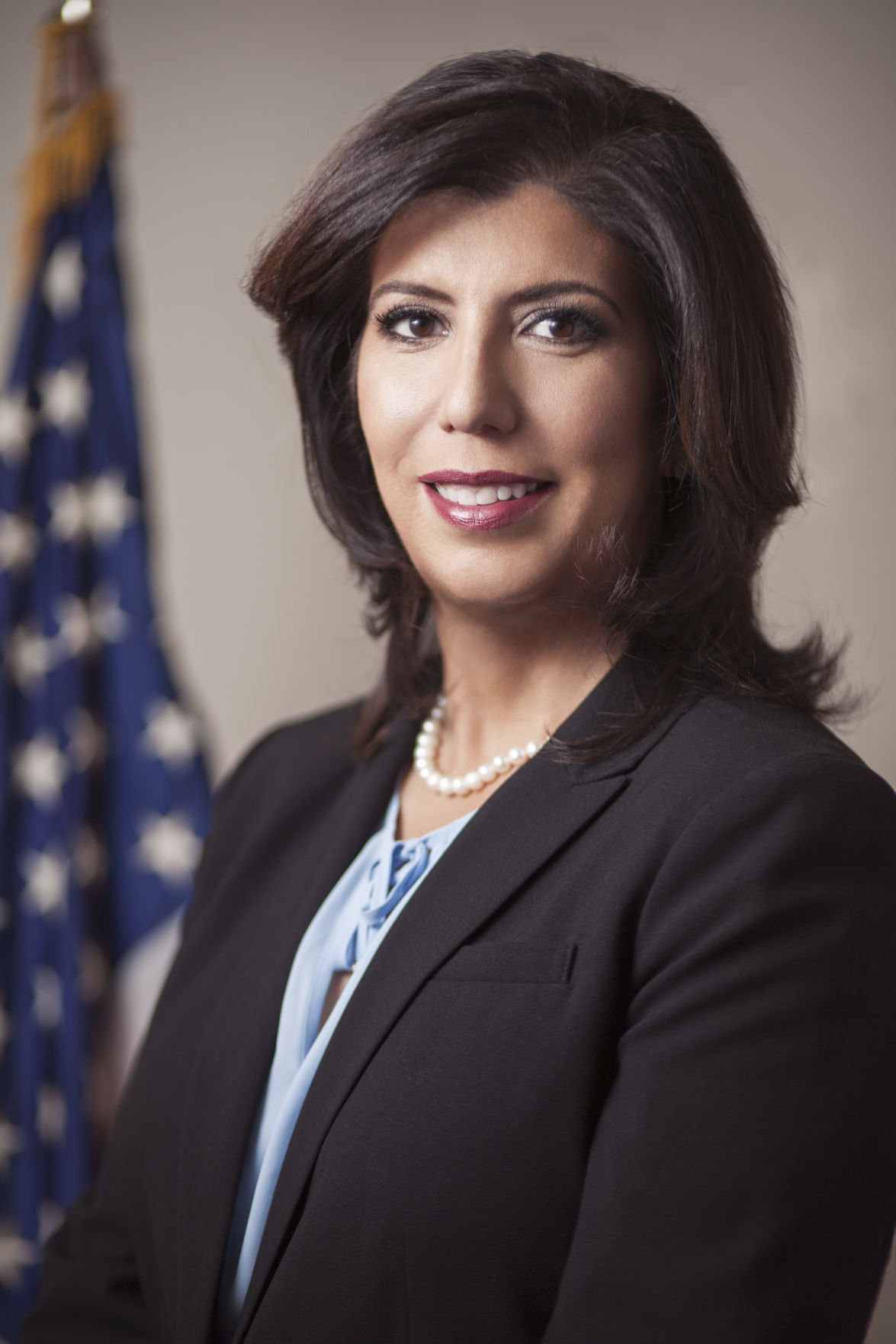Acting Nassau County District Attorney Madeline Singas is urging state lawmakers to conduct a comprehensive review of local laws restricting where registered sex offenders may live to strengthen similar legislation at the state level.
Singas send a letter addressed to state Assembly Speaker Carl Heastie and state Senate Majority Leader Dean Skelos on Feb. 20 requesting the review, just days after the state’s Court of Appeals struck down more than 100 local laws in ruling in favor of Woodmere resident Michael Diack, a convicted Level 1 sex offender who challenged Nassau’s laws after being arrested in 2011 for living 500 feet away from Lawrence-Woodmere Academy.
Because state law only places residency restrictions on Level 3 sex offenders, at 1,000 feet away from a school campus, Appeals Judge Eugene Pigott Jr. wrote that Nassau County did not have the authority to institute the 2006 law under which Diack was arrested, and that local municipalities may not exceed state laws regarding sex offenders.
In her letter, Singas said the local laws were stricter than the state laws, reflecting a consensus that the state law was not too enough.
“As a career prosecutor with a background in Special Victims cases, and as a mother myself, I believe that this moment is an opportunity to conduct a thorough and comprehensive review of all local laws that have been enacted on this issue, with the goal of enacting the strongest possible state law – whether it creates one uniform practice statewide or gives individual counties the ability to set their own rules based on their own unique geographies and circumstances – to protect potential victims from registered sex offenders in a manner that is effective, practical and constitutional,” she wrote.
Nassau County Executive Edward Mangano told Newsday in light of the ruling that he would also advocate for tougher state laws.
Singas, a former chief of the DA’s office’s Special Victims Bureau, in her letter also offered to meet with state legislators on the issue and implored lawmakers to “consider the many different ways that this issue can be addressed, and engage the many stakeholders of this issue, including law enforcement, advocacy groups and other criminal justice and public safety experts.”



